Filter by
The practical origins of ideas : genealogy as conceptual reverse-engineering
Why did such highly abstract ideas as truth, knowledge, or justice become so important to us? What was the point of coming to think in these terms? In The Practical Origins of Ideas, Matthieu Queloz presents a philosophical method designed to answer such questions: the method of pragmatic genealogy. Pragmatic genealogies are partly fictional, partly historical narratives exploring what might ha…
- Edition
- -
- ISBN/ISSN
- 9780198868705
- Collation
- xi, 275 p.
- Series Title
- -
- Call Number
- 121.4 QUE t
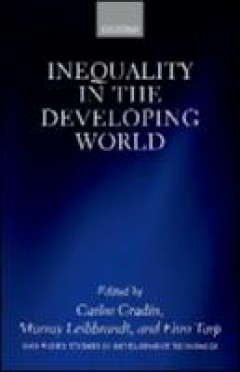
Inequality in the developing world
Inequality has emerged as a key development challenge. It holds implications for economic growth and redistribution and translates into power asymmetries that can endanger human rights, create conflict, and embed social exclusion and chronic poverty. For these reasons, it underpins intense public and academic debates and has become a dominant policy concern within many countries and in all mult…
- Edition
- Ed. 1
- ISBN/ISSN
- 9780198863960
- Collation
- xx, 352 p. : ill.
- Series Title
- -
- Call Number
- 330.91724 TAR i
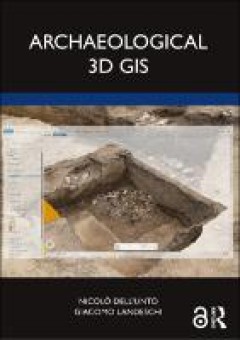
Archaeological 3d GIS
Archaeological 3D GIS provides archaeologists with a guide to explore and understand the unprecedented opportunities for collecting, visualising, and analysing archaeological datasets in three dimensions. With platforms allowing archaeologists to link, query, and analyse in a virtual, georeferenced space information collected by different specialists, the book highlights how it is possible to r…
- Edition
- -
- ISBN/ISSN
- 9781003034131
- Collation
- XXI, 154 p.
- Series Title
- -
- Call Number
- 930.1028 DEL a
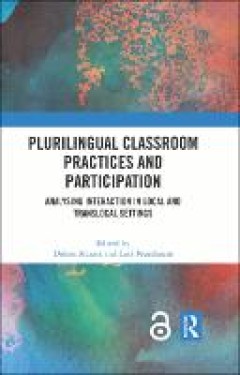
Plurilingual classroom practices and participation : analysing interaction in…
Plurilingual Classroom Practices and Participation contributes to a better understanding of plurilingual education in Catalonia by providing a description of the interactional resources mobilised by learners as social actors. This volume is a collection of studies that show interactions containing plurilingual and multimodal sequences that illustrate moments of potential acquisition of aspects …
- Edition
- -
- ISBN/ISSN
- 9781003169123
- Collation
- XXVI, 216 p.
- Series Title
- -
- Call Number
- 370.117509467 PLU p

Biological invasions in changing ecosystems : vectors, ecological impacts, ma…
When organisms are deliberately or accidentally introduced into a new ecosystem a biological invasion may take place. These so-called ‘invasive species’ may establish, spread and ecologically alter the invaded community. Biological invasions by animals, plants, pathogens or vectors are one of the greatest environmental and economic threats and, along with habitat destruction, a leading caus…
- Edition
- -
- ISBN/ISSN
- 9783110438666
- Collation
- 473p. : ill.
- Series Title
- -
- Call Number
- 577.18 CAN b
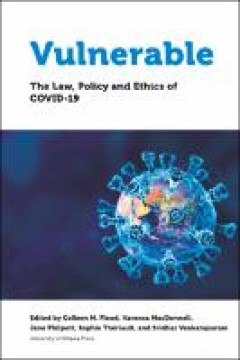
Vulnerable : the law, policy and ethics of COVID-19
Vulnerable examines the vulnerabilities and interconnections brought to light by the pandemic, as well as the legal, ethical and public policy responses. This book exposes the vulnerabilities of individuals, institutions, governance and legal structures, in several countries and worldwide.
- Edition
- -
- ISBN/ISSN
- 9780776636429
- Collation
- xiii, 630 p. : ill
- Series Title
- -
- Call Number
- 362.1962414 FLO a
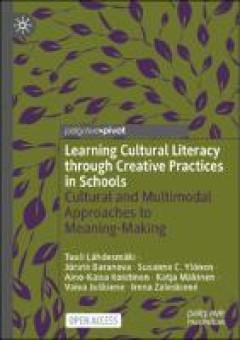
Learning cultural literacy through creative practices in schools : cultural a…
This open access book discusses how cultural literacy can be taught and learned through creative practices. It approaches cultural literacy as a dialogic social process based on learning and gaining knowledge through emphatic, tolerant, and inclusive interaction. The book focuses on meaning-making in children and young people’s visual and multimodal artefacts created by students aged 5–15 a…
- Edition
- -
- ISBN/ISSN
- 9783030892364
- Collation
- xxi, 151 p. : ill.
- Series Title
- -
- Call Number
- 306.071 LAH l
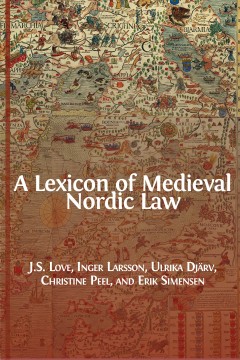
A lexicon of medieval nordic law
This volume is an indispensable resource for scholars and students of medieval Scandinavia. This polyglot dictionary draws on the vast and vibrant range of vernacular legal terminology found in medieval Scandinavian texts – terminology which yields valuable insights into the quotidian realities of crime and retribution; the processes, application and execution of laws; and the cultural and so…
- Edition
- -
- ISBN/ISSN
- 9781783748174
- Collation
- 579 p. : ind. ; 24 cm
- Series Title
- -
- Call Number
- 349.48090203 LEX l
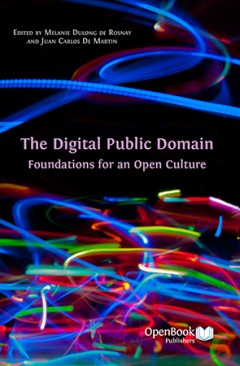
The digital public domain : foundations for an open culture
Digital technology has made culture more accessible than ever before. Texts, audio, pictures and video can easily be produced, disseminated, used and remixed using devices that are increasingly user-friendly and affordable. However, along with this technological democratization comes a paradoxical flipside: the norms regulating culture's use—copyright and related rights—have become increasi…
- Edition
- -
- ISBN/ISSN
- 9781906924768
- Collation
- xix. : 250 p.
- Series Title
- -
- Call Number
- 346.048 JUA t
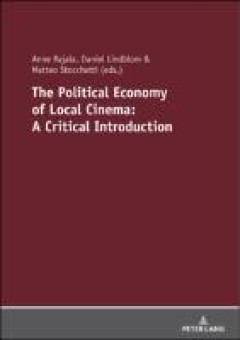
The political economy of local cinema : a critical introduction
The globalization and digitalization of cultural markets presents formidable challenges for local cinema and storytelling. The essays in this collection address some of these challenges from the perspective of a critical political economy of local cinema. Inspiring these contributions is the effort of supporting local cinema as a form of valuable storytelling that is at risk of market-driven ex…
- Edition
- -
- ISBN/ISSN
- 9783631813300
- Collation
- 257p. : ill.
- Series Title
- -
- Call Number
- 302.2343 RAJ t
 Computer Science, Information & General Works
Computer Science, Information & General Works  Philosophy & Psychology
Philosophy & Psychology  Religion
Religion  Social Sciences
Social Sciences  Language
Language  Pure Science
Pure Science  Applied Sciences
Applied Sciences  Art & Recreation
Art & Recreation  Literature
Literature  History & Geography
History & Geography